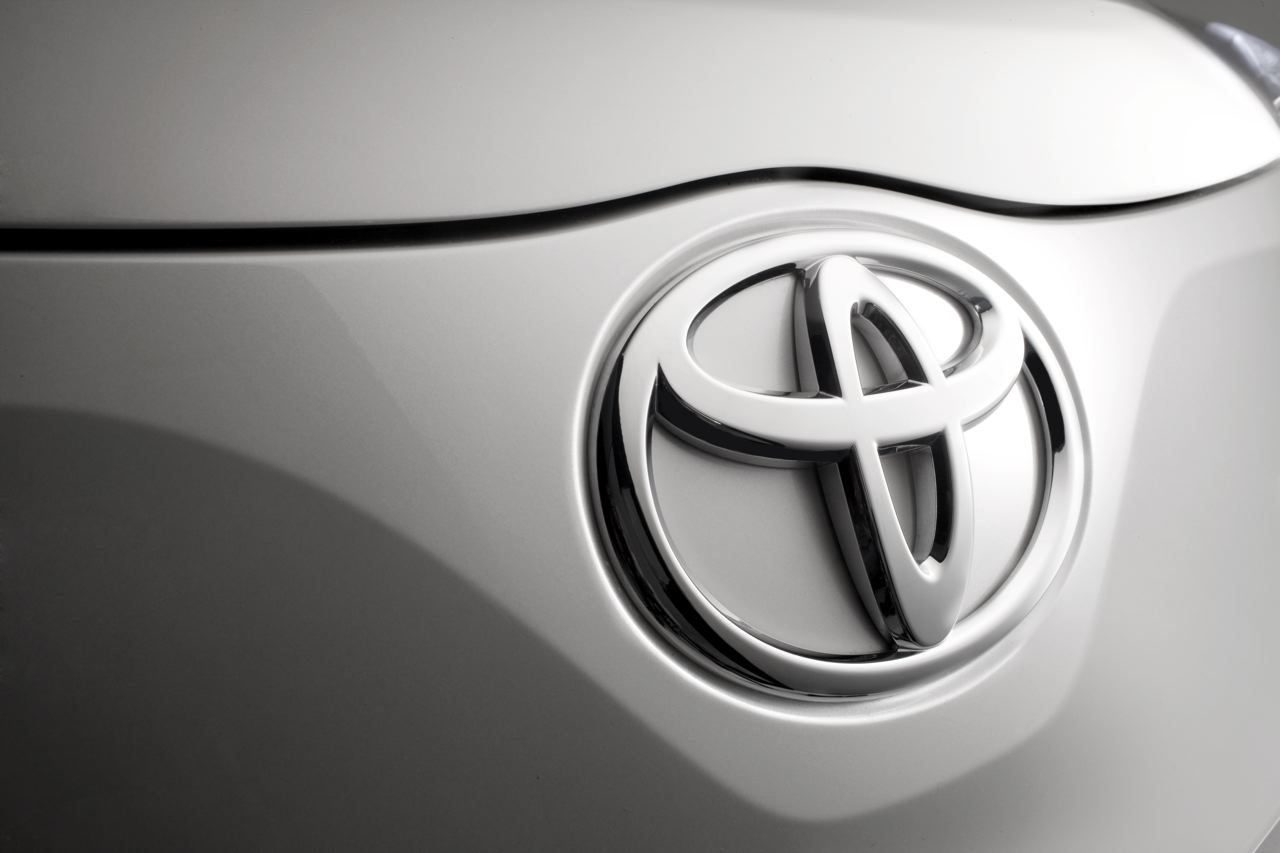A lesson in economics and quality: How a powerhouse of global economic might defeated itself by cutting corners and ignoring old lessons.
Quality & Economics
The question of quality runs far deeper than business. When quality fails at the societal level, we fail each other. Then the real danger is that we fail to govern efficiently and fairly.
Over the last 50 plus years, Toyota has led the automotive industry in quality and cost. As a result, the company rose to become the world’s largest automotive manufacturing corporation and Japan’s largest corporation with revenues of $230 billion in 2009.
However, this once untarnished icon of Japan’s status as an economic powerhouse, is now in decline and the impact on the company and the entire country is tangible.
As Dr. Masatomo Tanaka says, a professor at the Institute of Technologists, a university that specializes in training engineers, “If Toyota is not healthy, then Japan is not healthy.” As goes Toyota, so goes Japan.
Toyota has long enjoyed near hallowed status in Japan as the greatest practitioner of “monozukuri,” a centuries-old ideal of perfection in craftsmanship central to ancient pottery and sword-making. The pride of craftsmanship, burned into Japanese culture as the apex of accomplishment, was turned loose on the factory floor and was once the secret to Japan’s postwar “miracle.”
Then something changed. Yes, the earthquake and tsunami last year was a serious blow to Japanese manufacturing, but the decline at Toyota was clear long before the natural disaster. About the time the company achieved its global dominance, rumors began to filter out that management was cutting corners on quality – fewer people on the factory floor, lower quality raw materials and suppliers, reductions in research and development.
Shaving a few dollars off the cost of each car has resulted in billions of dollars in recall costs, not to mention the billions of dollars in legal costs the company has incurred from lawsuits filed by customers and government regulators – and in a few cases, possible loss of life.
The result has been devastating. Shaving a few dollars off the cost of each car has resulted in billions of dollars in recall costs, not to mention the billions of dollars in legal costs the company has incurred from lawsuits filed by customers and government regulators – and in a few cases, possible loss of life. The damage has also been broadly felt: dealerships have lost sales, negatively impacting local economies, and for a time Toyota’s global position fell. But Toyota’s once unblemished record of quality is now questioned in the media and among many customers.
To compound matters, as Toyota moved away from quality, some of its competitors have moved in. Some have embraced their earlier methods to the extent that their products are now surpassing Toyota. Korea’s Hyundia-Kia is rapidly gaining on once dominant giant and Detroit’s big three have partly adopted Toyota’s engineering and manufacturing methodologies and improved their quality as well.
Toyota had the quality mindset before it become the largest corporation in Japan and the largest automotive company in the world. The company’s actions proved that quality can be the principle driver of efficiency and profitability, but also market dominance. Now the company is learning a new lesson about what happens to giants when they cut corners too often.



















